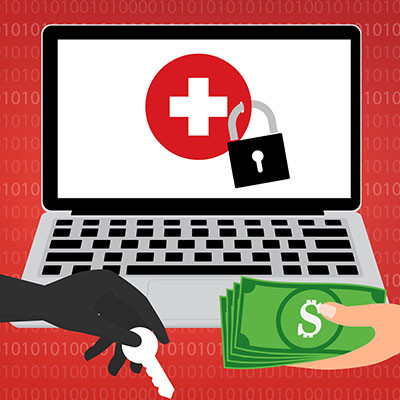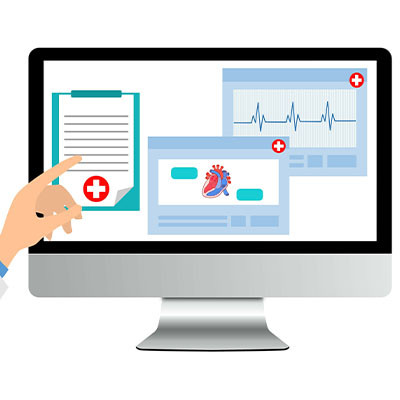As technology continues to gain prominence in healthcare, it plays an increasingly vital role. Advancements in technology have allowed the healthcare industry to stabilize costs, improve access, and personalize care delivery—objectives that were challenging in the past. These benefits come with a potential downside: data privacy issues, which are becoming more concerning as technology advances.
Datalyst Blog
While it is obviously important for any business to keep medical data safe (we’ll review why in a moment), businesses here in Massachusetts should find it particularly pressing due to a few laws that we have on the books. Let’s review what these laws say, and what can be done to make sure a business is compliant.
Is your healthcare organization fully invested in the cloud, using it to store data and increase productivity? The primary responsibility of a healthcare provider is to care for your patients, and that includes protecting your patients’ data—especially when storing it electronically. Here are some ways to ensure you can use the cloud and remain HIPAA compliant.
2020 was, obviously, a challenging year for healthcare providers. In addition to the obvious issue of the COVID-19 pandemic creating serious operational, financial, and supply chain difficulties, cybersecurity concerns didn’t go away during this time. Let’s consider some of the additional stresses that IT security needs can, will, and have placed on healthcare providers.
The pandemic brought a wealth of problems to medical institutions, especially to rural and underserved communities. Southern New England’s underserved medical institutions have been underfunded and under stress before the pandemic. Not only did the pandemic bring a sudden increase in patients, but also an increase in medical documentation to support their treatment.






